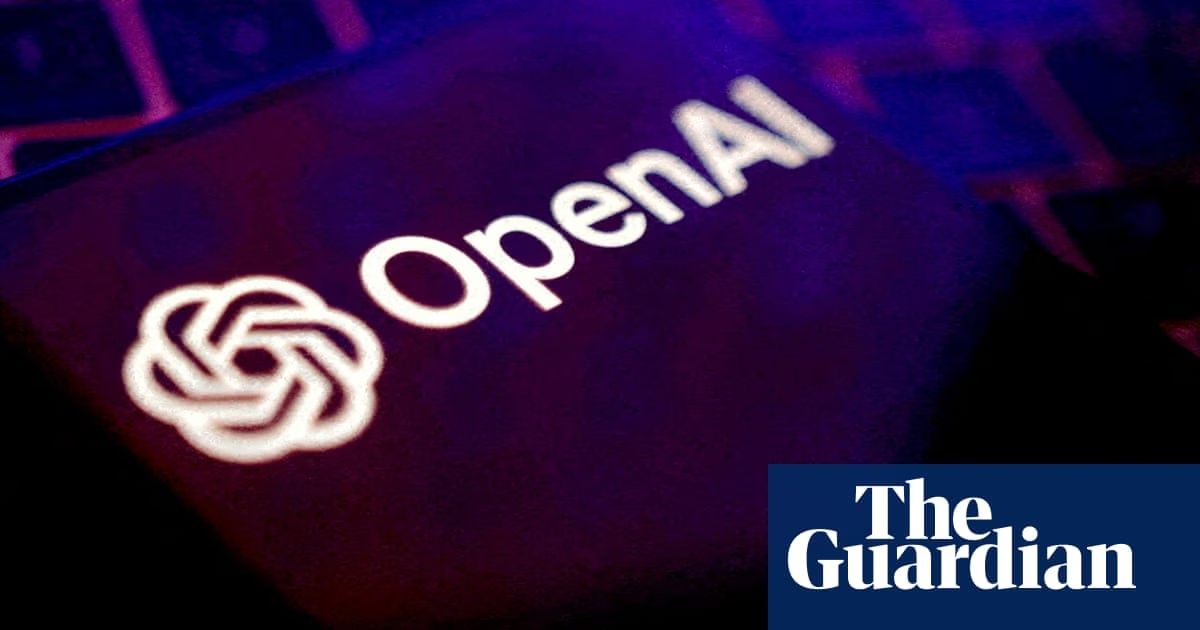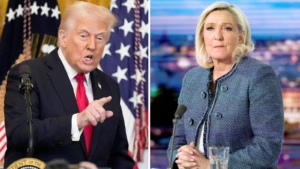Twelve U.S. copyright cases against OpenAI and Microsoft have been combined in New York, despite opposition from most of the authors and news outlets involved, who initially argued that their individual cases were distinct. The U.S. Judicial Panel on Multidistrict Litigation ruled in favor of consolidation, citing the benefits of having a single judge manage the discovery process, streamline pretrial proceedings, and prevent conflicting rulings.
The cases, which include lawsuits from such notable authors as Ta-Nehisi Coates, Michael Chabon, Junot Díaz, and Sarah Silverman, alongside news organizations like The New York Times, will now be heard together in New York. Other prominent authors such as John Grisham, George Saunders, Jonathan Franzen, and Jodi Picoult will also have their cases joined in this consolidated litigation. Despite the authors’ opposition to joining their cases, the transfer order argued that it would let the judicial system efficiently address the shared central issue: the alleged unauthorized use of their copyrighted works by OpenAI and Microsoft to train their large language models, which power products such as OpenAI’s ChatGPT and Microsoft’s Copilot.
OpenAI had initially proposed to consolidate the cases in Northern California, but the panel eventually transferred them to the Southern District of New York, stating that centralization would serve the parties’ and witnesses’ convenience and promote the efficient resolution of the litigation. The panel noted that given the complexity and novelty of the technology involved, it’s likely that there will be overlapping experts among the cases, making consolidation a resource-saving measure.
Tech companies, including OpenAI, have consistently maintained that their use of copyrighted material to train AI models falls under the “fair use” doctrine, which allows certain circumstances for the unlicensed use of copyrighted material. An OpenAI spokesperson stated that they welcome the development and are confident in proving that their models are trained on public data under fair use and are beneficial to innovation.
Many of the authors suing OpenAI over copyright infringement issues have also pursued similar lawsuits against Meta, alleging the unauthorized use of a vast “shadow library,” known as LibGen, which contains millions of books. On the same day as the consolidation was announced, authors protested outside Meta’s offices in London, calling for action against the use of copyrighted books for AI training purposes.
Additionally, Amazon has announced a new feature on its Kindle devices called “Recaps,” which uses AI to generate summaries of book series. This feature aims to refresh users on plotlines and character developments before beginning the next book in a series, emphasizing convenience and continuity in the reading experience. However, some Reddit users have raised concerns about the accuracy of these AI-generated summaries.
Meanwhile, the UK government is reportedly working to allay concerns among peers and Labour backbenchers about its copyright proposals, specifically the idea that AI companies should be allowed to train models on copyrighted content unless rights holders explicitly object. The government has committed to evaluating the economic impact of these policies.
Source: https://www.theguardian.com/books/2025/apr/04/us-authors-copyright-lawsuits-against-openai-and-microsoft-combined-in-new-york-with-newspaper-actions








